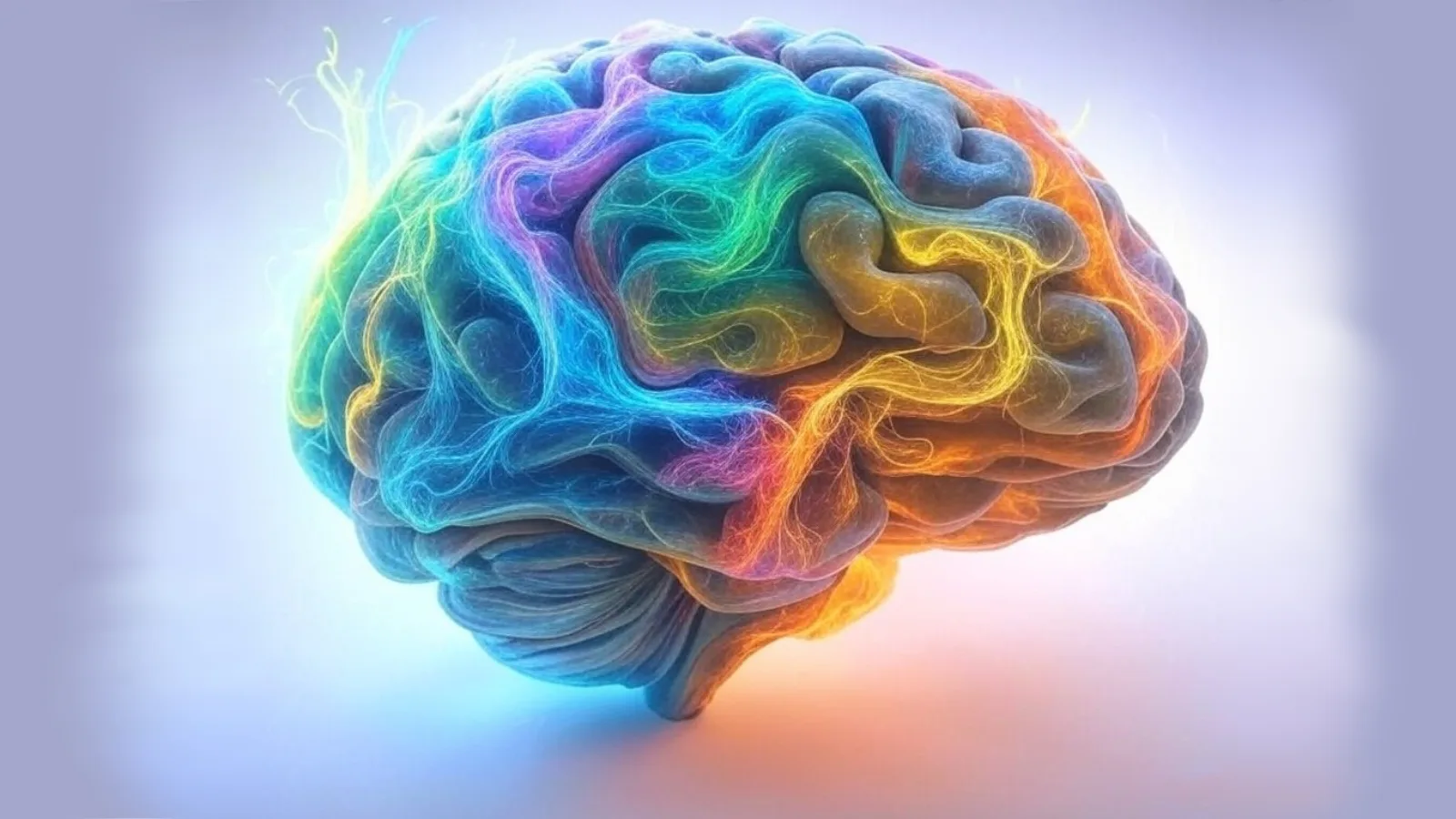ADHD brain waves are different
Clients see real wins in weeks - focus develops, goals stick, success grows

My ADHD mind is quiet—and that’s unusual. While many people with ADHD struggle with a busy mind, filled with future tasks, anxious concerns, or endless daydreams, my experience is different. I’m seldom bothered by racing thoughts. Instead, I find myself bored when left to my own devices, constantly seeking stimulation through reading, watching, or listening to something.
What we adults with ADHD share, if you compare ADHD minds vs normal, we spend an unusual amount of time in unique mental states. These states can be measured using EEG (electroencephalography), which tracks the electrical frequencies at which our brains function.
The brain operates at four primary frequencies or waves, each associated with different mental states:
Research suggests that people with ADHD spend more time in the theta state than neurotypical individuals. Theta waves are associated with enhanced creativity, deeper relaxation, strong intuition, and problem-solving. However, they also dominate when we struggle to concentrate.
For those with ADHD, shifting out of theta waves to focus (beta state) can be challenging. This may explain why some individuals use hyperactive behaviors—like fidgeting or multitasking—to stimulate their brains and reach a more focused state.
Interestingly, theta waves are also linked to deeper emotional connections. In contrast, spending too much time in beta waves can lead to emotional detachment. This might explain why many creative individuals—musicians, painters, designers—tend to have higher theta wave activity.
If you’re looking to balance your brain waves, here are some proven methods:
Understanding your brain’s unique rhythms can empower you to work with—rather than against—your natural tendencies. Whether you’re stuck in theta or seeking balance, there are tools and techniques to help you thrive.
Andrew Lewis is an Adult ADHD Coach, writer and founder of SimplyWellbeing. He has over 16,000 hours of experience in coaching over 600 adults with ADHD. Andrew helps entrepreneurs and creatives with ADHD thrive and achieve wellbeing and is always happy to have a free chat to discuss coaching. Andrew ran a major ADHD support group and even an ADHD diagnostic clinic for a while. Andrew is an adult ADHD Coach backed with business expertise from a twenty years career in software, from roles in programming, through marketing, sales at IBM, then to running a few software start-ups.

